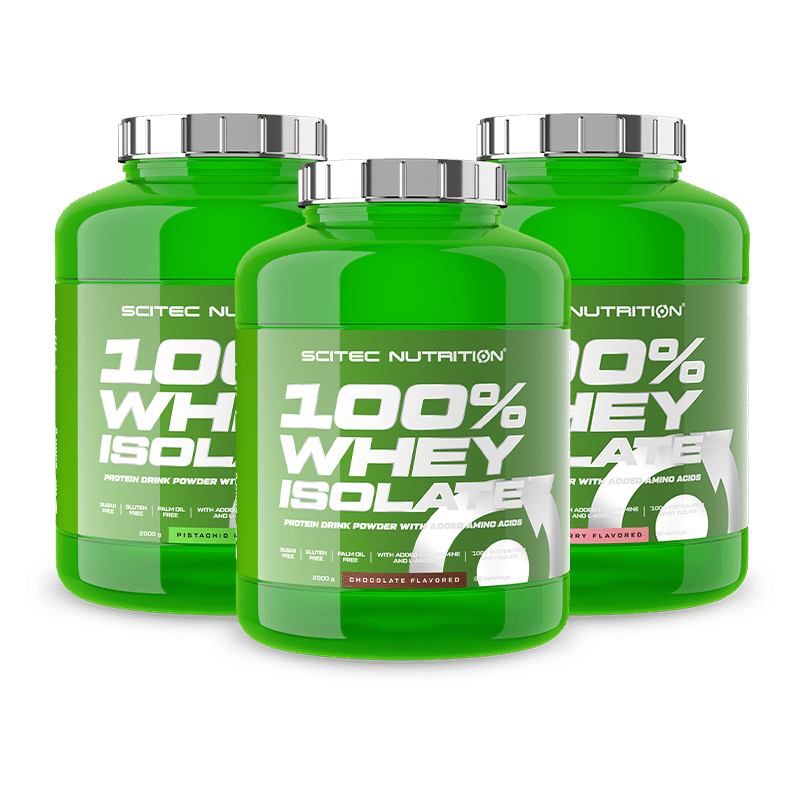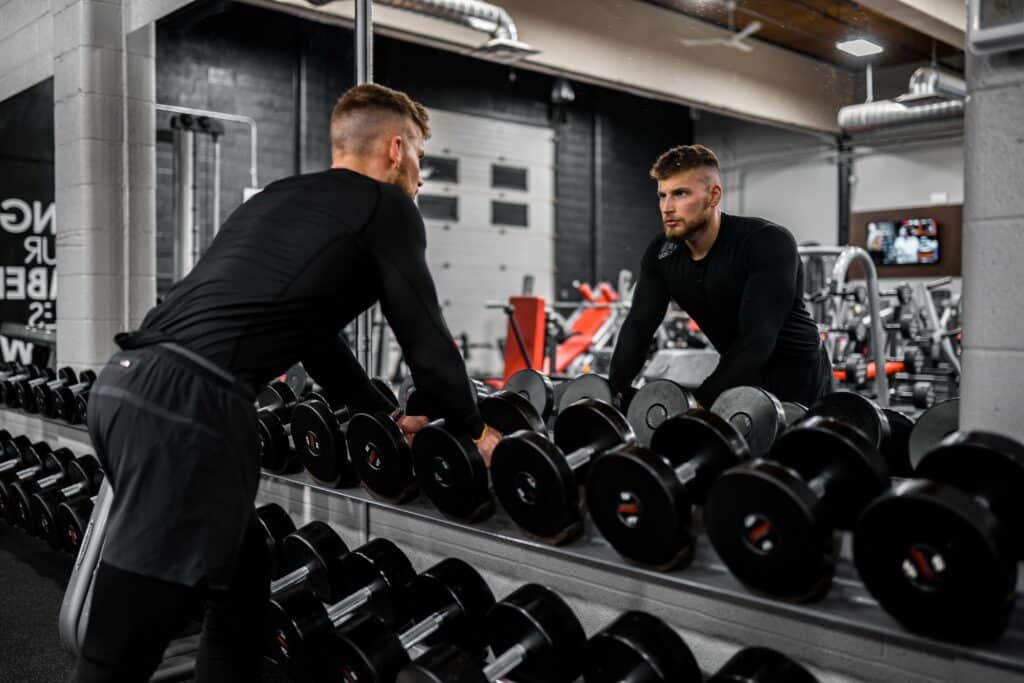Protein is an essential macronutrient that plays a crucial role in supporting various functions within your body. It is often referred to as the building block of life, and for good reason. Proteins are involved in the growth, repair, and maintenance of tissues, muscles, organs, and even enzymes and hormones. They are an integral part of every cell in your body, making them essential for overall health and well-being.
Protein’s significance goes beyond just being a structural component; it also contributes to various physiological processes. For example, it aids in immune system function, helps transport vital substances through your bloodstream, and acts as an energy source when needed. Whether you’re an athlete looking to build muscle, someone striving for weight management, or simply aiming to maintain a healthy lifestyle, understanding your daily protein requirement is fundamental.
In this comprehensive blog post, we will delve into the world of dietary protein. Our primary goal is to provide you with a clear understanding of how much protein you need on a daily basis and why it matters. We will explore the various aspects of protein consumption, ranging from its functions in the body to how to calculate your specific protein needs based on your activity level and goals.
By the end of this blog post, you will have the knowledge to make informed decisions about your protein intake, ensuring that you are meeting your daily requirements to support your individual health and fitness objectives. Whether you’re aiming to enhance muscle growth, manage your weight, or simply lead a healthier life, the information here will serve as a valuable guide on your nutritional journey.

Protein powder is a key component in any nutrition plan. Find yours here.
Protein is one of the three primary macronutrients found in food, alongside carbohydrates and fats. It is composed of amino acids, often described as the “building blocks” of life. These amino acids are linked together in various combinations to form different types of proteins, each with its own unique structure and function.
Protein plays a multifaceted role in the body, and its functions are diverse and essential. Here are some key functions:
One of the most well-known roles of protein is its involvement in muscle building and repair. When you engage in physical activity or strength training, your muscles experience microscopic damage. Protein is crucial for repairing and rebuilding these muscle fibers, making them stronger and more resilient. This process of muscle protein synthesis is a fundamental aspect of muscle growth and recovery.
Protein can also play a significant role in weight management. When included in your diet, protein can increase feelings of fullness and satisfaction, potentially reducing overall calorie consumption. Moreover, it has a higher thermic effect of food (TEF), meaning that it requires more energy to digest, further contributing to calorie expenditure. As a result, a diet rich in protein may support weight loss and weight maintenance efforts.
Understanding the importance of protein in your diet sets the stage for exploring your specific daily protein requirements, which will be covered in the following sections. Whether you’re looking to build muscle, manage your weight, or simply maintain good health, protein’s multifaceted contributions make it a dietary cornerstone worth paying attention to.
Creatine is more than just a supplement; it’s a revolution in muscle building. Find yours here.
The Recommended Daily Intake (RDI) for protein represents the average amount of protein that most people need to meet their basic nutritional requirements and maintain good health. The RDI for protein is typically expressed in grams per kilogram of body weight (g/kg). As a general guideline, the RDI for protein is approximately 0.8 grams of protein per kilogram of body weight for sedentary adults. However, individual protein requirements can vary significantly based on factors such as age, activity level, and health goals.
Your level of physical activity plays a significant role in determining your daily protein needs. Those who engage in regular exercise, particularly strength training or endurance activities, typically require more protein to support muscle repair and growth. Here’s a rough breakdown based on activity levels:
It’s essential to recognize that individual protein needs can vary based on specific circumstances and life stages. Here are some examples of populations with unique protein requirements:
Understanding your specific protein requirements based on your activity level, age, and dietary preferences is crucial for optimizing your health and achieving your fitness goals. In the next sections, we will explore protein sources and how to incorporate them into your diet effectively.

Animal sources of protein are rich in high-quality, complete proteins that provide all essential amino acids. Include the following in your diet:
Plant-based sources of protein are essential for vegetarians and vegans and can be a healthy choice for anyone. Consider these options:
Protein supplements, such as protein powders (whey, casein, pea, hemp, etc.), can be convenient for meeting your protein goals, especially after workouts or when dietary protein sources are limited. They can be blended into shakes or added to recipes.
Are you ready to take your training to the next level? Find your BCAA here.
Understanding protein sources and how to incorporate them into your diet effectively is key to achieving your daily protein requirements and optimizing your health and fitness goals. The next sections will cover protein deficiency and overconsumption signs, as well as how protein can be tailored to specific fitness objectives.

In summary, protein is a vital component of your diet with multifaceted roles in maintaining and promoting overall health. It serves as the building blocks for tissues, supports muscle growth and repair, aids in weight management, and contributes to various physiological functions. Ensuring that you meet your daily protein requirements is crucial for achieving your fitness goals and sustaining a healthy lifestyle.
To optimize your protein intake, consider the following recommendations:
By following these recommendations and tailoring your protein intake to your individual needs, you can harness the power of protein to support your well-being and achieve your fitness aspirations.
Recommended Readings on Protein Requirements
This blog post was researched and written with reference to the following sources and scientific references:
These resources provide valuable insights and scientific information on protein requirements and their implications for health and fitness. They can serve as further reading to enhance your understanding of protein intake and its impact on your well-being.
© 2024 Only Approved – Designed by Aveo web&marketing
Socials
Socials